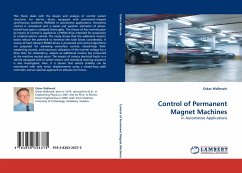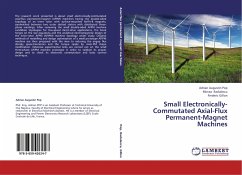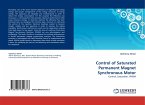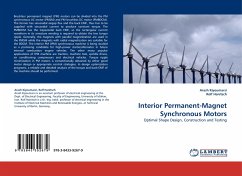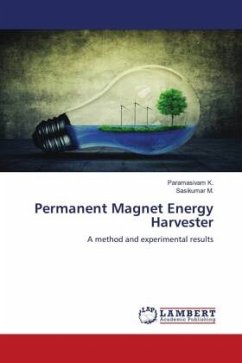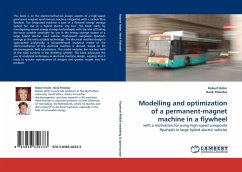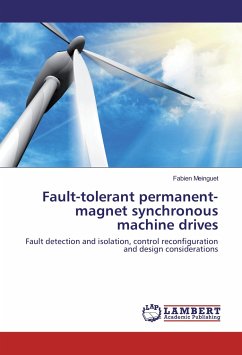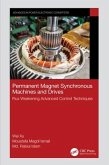This thesis deals with the design and analysis of control system structures for electric drives equipped with permanent-magnet synchronous machines (PMSMs) in automotive applications. Sensorless control is considered and a speed and position estimator of phase-locked loop type is analyzed thoroughly. The theory of loss minimization by means of control is applied to a PMSM drive intended for propulsion in a hybrid electric vehicle. The study shows that the additional inverter losses reduce the potential to minimize the total losses considerably. A review of fault-tolerant PMSM drives is presented and control algorithms are proposed for achieving sensorless control, closed-loop field-weakening control, and maximum utilization of the inverter voltage for a drive that, for redundancy, adopts an additional inverter leg connected to the machine neutral point. The impact of various electrical faults in a vehicle equipped with in-wheel motors and individual steering actuators is also investigated. Here, it is shown that vehicle stability can be maintained with only minor displacements using a closed-loop path controller and an optimal approach to allocate tire forces.
Bitte wählen Sie Ihr Anliegen aus.
Rechnungen
Retourenschein anfordern
Bestellstatus
Storno

